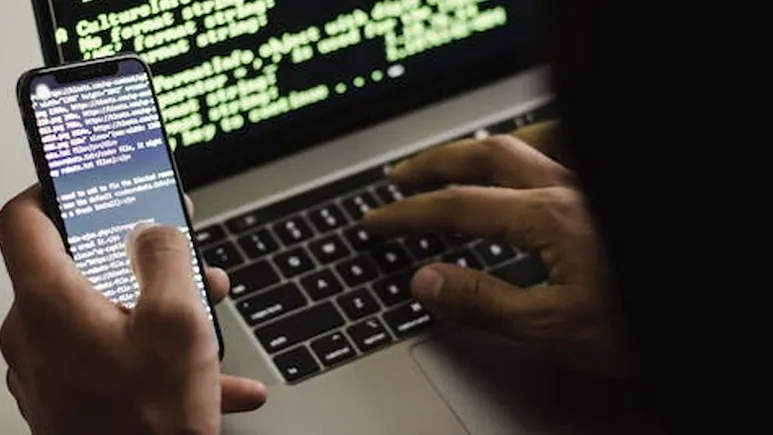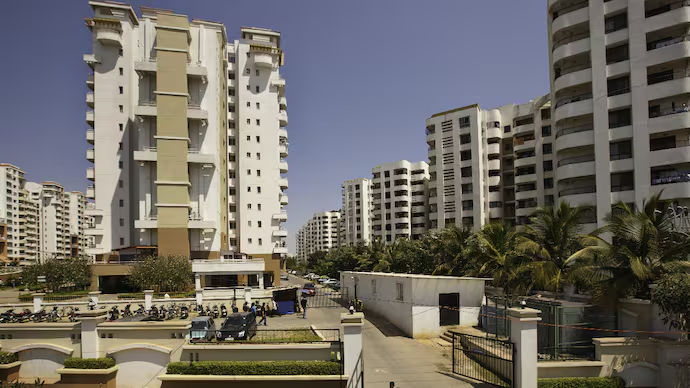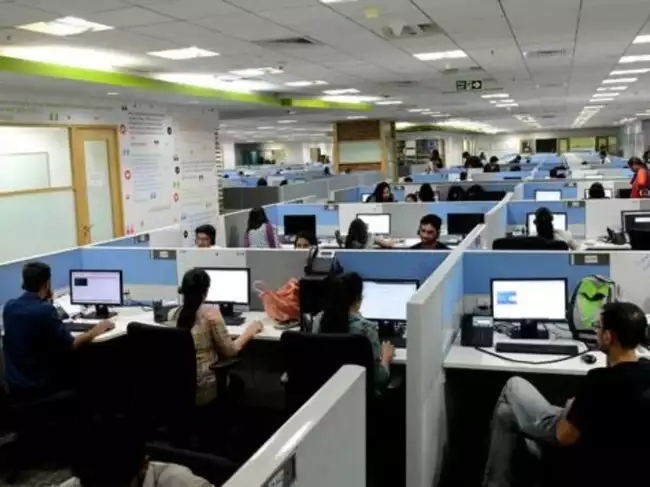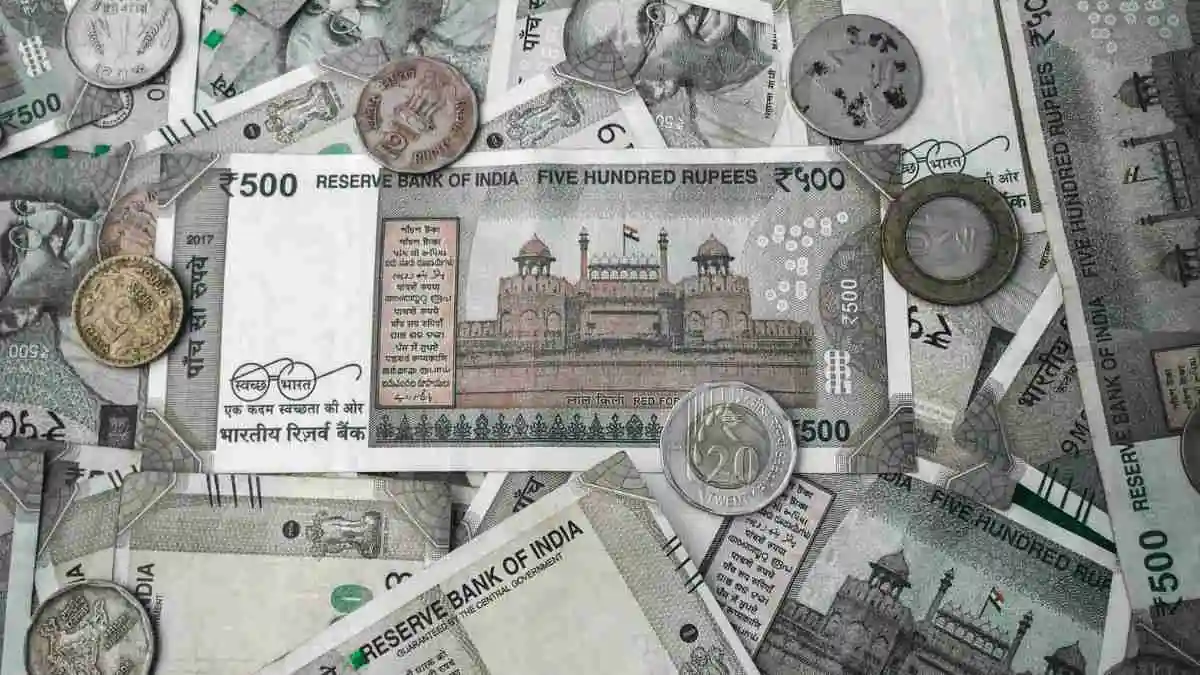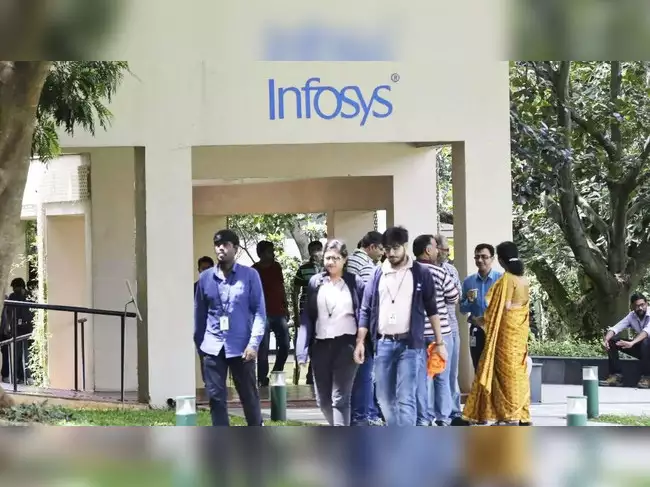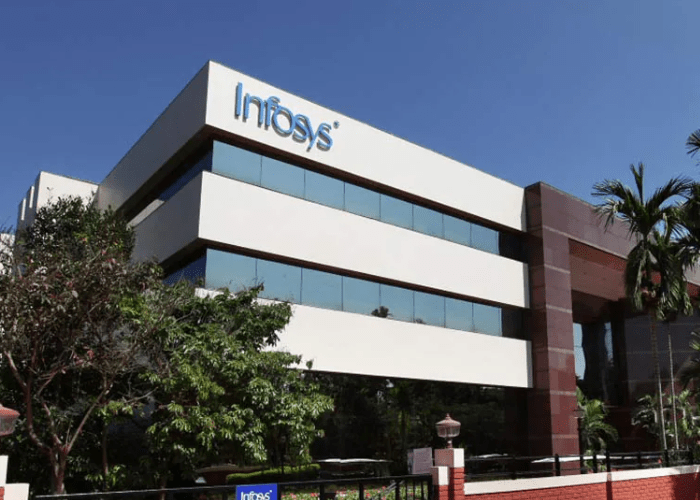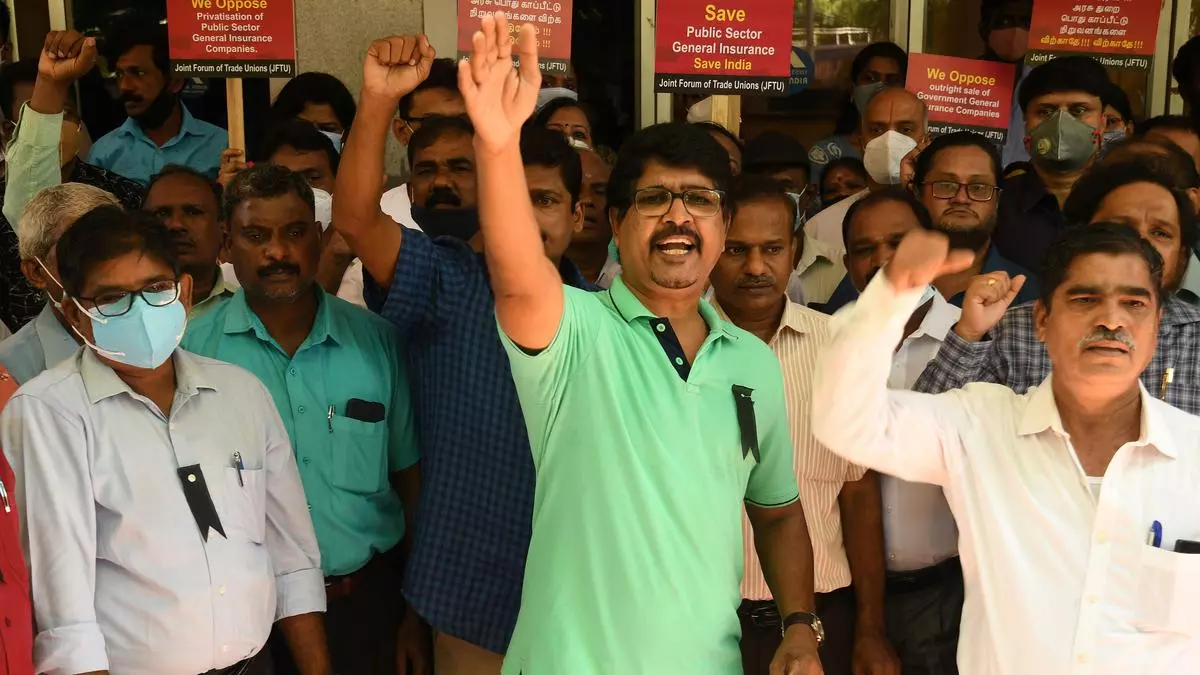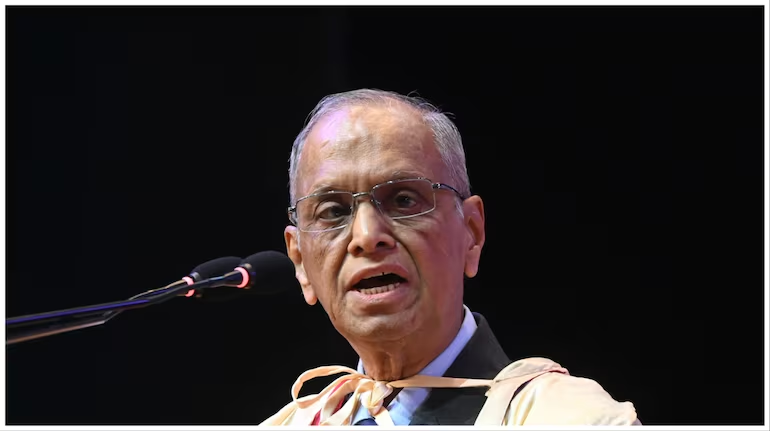In India, the legal profession is often glamorized through portrayals of high-profile lawyers arguing sensational cases. However, behind this façade lies a less spoken-about truth — the difficult reality faced by junior advocates. For many young lawyers, the journey after law school is one fraught with financial hardship, professional exploitation, and emotional burnout.
Who is a Junior Advocate?
A junior advocate in India typically refers to a lawyer in the early stages of their legal career, often under 5 years of practice. Most begin by working under a senior advocate, assisting with legal research, drafting, and procedural work in courts. Despite their vital contributions, these lawyers often operate in the shadows — underpaid, overworked, and largely unrecognized.
The Financial Struggles of Junior Advocates
One of the most pressing issues junior lawyers face is abysmally low pay. In many cities, stipends range from Rs. 3,000 to Rs. 15,000 per month, a figure that is insufficient even for basic living expenses in metropolitan cities like Delhi, Mumbai, or Bengaluru.
According to a 2024 survey, over 72% of junior lawyers earned less than ₹20,000 a month, while nearly 50% said they considered leaving the profession due to financial instability.
“I was paid ₹5,000 per month in Delhi, with no guarantee of timely payment. I had to rely on my parents for rent and food,” said a junior lawyer on condition of anonymity.
Advocacy in India: A Profession Built for the Privileged
One of the most unspoken truths of the Indian legal system is that advocacy, as it stands today, is a profession for the rich. With no fixed salary, no social security, and zero enforcement of labor protections, only those with financial backing — often from well-off families or lawyer dynasties — can afford to survive and build a career.
“The unspoken rule is: either your father is a lawyer or your father is rich,” shares a first-generation lawyer practicing in Delhi High Court.
Those from less privileged backgrounds face an uphill battle — unable to afford unpaid internships, expensive post-grad programs, or the years of underpaid chamber work that the profession demands.
The Unique Struggles of First-Generation Lawyers in India
For first-generation lawyers, the challenges are amplified tenfold. Not only must they learn the law, but they also lack:
- Mentorship or insider knowledge of court procedures.
- Professional networks to gain clients or references.
- Financial resources to survive the initial years.
- Family support in navigating the deeply hierarchical court system.
Many are forced to moonlight — taking tutoring or freelance jobs to stay afloat — while others drop out of practice altogether due to unsustainable conditions.
First-generation lawyers also report facing bias and exclusion within legal circles, especially if they do not speak English fluently or did not graduate from a top-tier law school. Their merit is often undermined by the absence of social capital.
Financial Exploitation Remains Rampant
Even after clearing the Bar, most junior advocates earn as little as ₹3,000–₹15,000 per month, often with no formal employment contract. Many are made to:
- Work 12-14 hour shifts with no overtime.
- Handle personal errands for seniors.
- Perform clerical duties rather than legal work.
With no regulatory body actively monitoring these working conditions, exploitation goes unchecked. Those who speak up risk being blacklisted or denied future opportunities.
Exploitation in the Name of Learning
It is often said that juniors must “learn the ropes” by shadowing senior advocates. While this apprenticeship model has its merits, it is increasingly being criticized as a mask for systemic exploitation.
Many juniors:
- Work 12-14 hour days including weekends.
- Do not receive formal contracts or employment rights.
- Are often made to run errands, schedule meetings, or even perform clerical duties.
- Lack access to proper mentorship or structured learning.
The hierarchical nature of the Indian legal system leaves little room for juniors to voice grievances without fear of professional repercussions.
The Mental Health Toll
With financial distress, job insecurity, and intense workloads, mental health issues among junior advocates are on the rise. The stigma around speaking up about depression, anxiety, and burnout is still prevalent within the legal fraternity.
Bar councils and senior lawyers have been slow to act, and there is a lack of institutional support in most courts for young lawyers navigating these challenges.
Gendered Challenges and Intersectional Barriers
Women and non-binary advocates often face additional layers of discrimination. From sexist remarks in chambers to being denied serious work, many junior women advocates report unwelcoming and toxic work environments. Caste and class biases also play a significant role in who gets mentored, noticed, or promoted.
Lack of Structural Support
While there are more than 1.7 million advocates registered in India, very few protections exist for junior lawyers. The Bar Council of India (BCI) has taken limited steps — including offering one-time stipends in some states — but these are insufficient and unsustainable.
Some suggestions that have been floated include:
- Minimum wage stipulations for junior advocates.
- Formal apprenticeship programs with enforceable standards.
- Mandatory written contracts outlining roles, hours, and remuneration.
- Bar-funded insurance and mental health helplines.
- Law firm and chamber audits to ensure fair treatment of juniors.
A Growing Movement for Change
A silent revolution is brewing. Social media platforms like LinkedIn, X (formerly Twitter), and Instagram are becoming spaces where junior lawyers share experiences and mobilize support. The Legal Aid Movement, Law Students for Justice, and other collectives are pushing for policy interventions and better working conditions.
Some senior advocates and progressive chambers have also started paying fair wages and offering structured mentorship programs — but such examples remain exceptions, not the norm.
Source – https://www.jurishour.in/columns/reality-of-junior-advocates-in-india/




